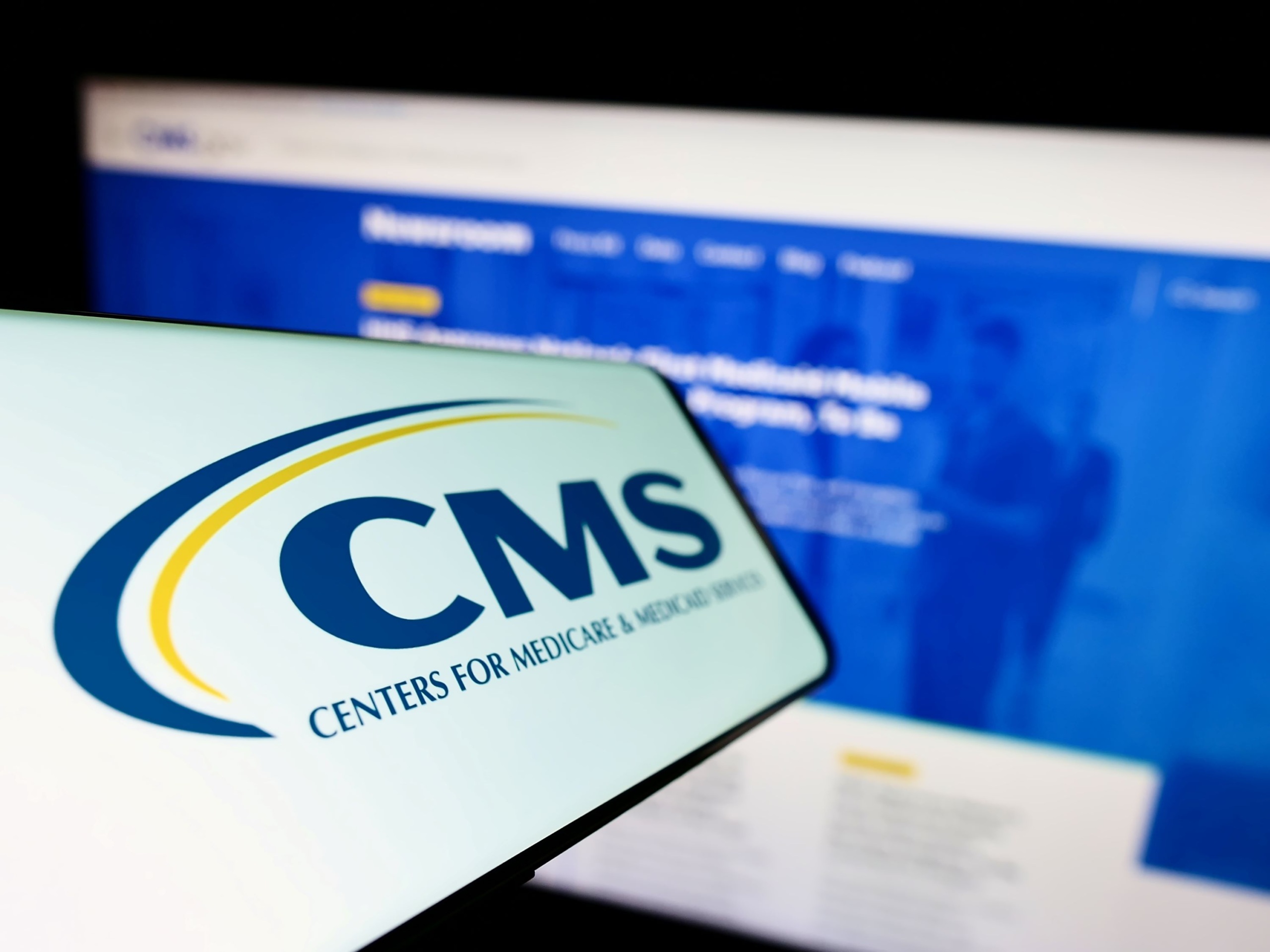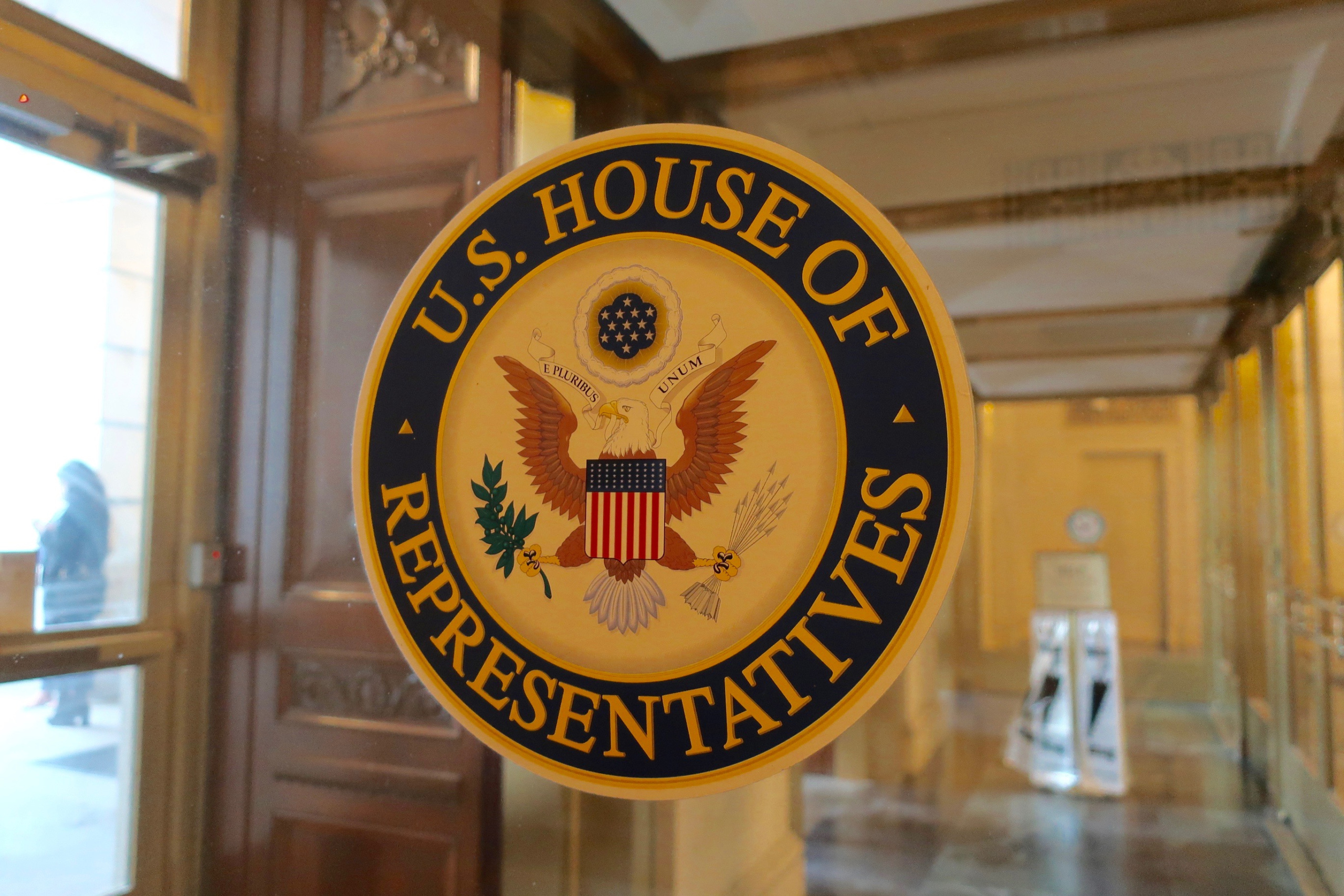Capitol Correspondence - 09.07.21
American Bar Association Issues Resolution on HCBS

Share this page
Stay Informed on the Latest Research & Analysis from ANCOR
More News
Capitol Correspondence - 07.23.24
CMS Releases Companion Guide to Access Rule

Stateside Report - 07.22.24
Stateside Report: July 22, 2024

Capitol Correspondence - 07.09.24
House Committee to Mark Up Key Legislation Including Direct Support Professionals Act


